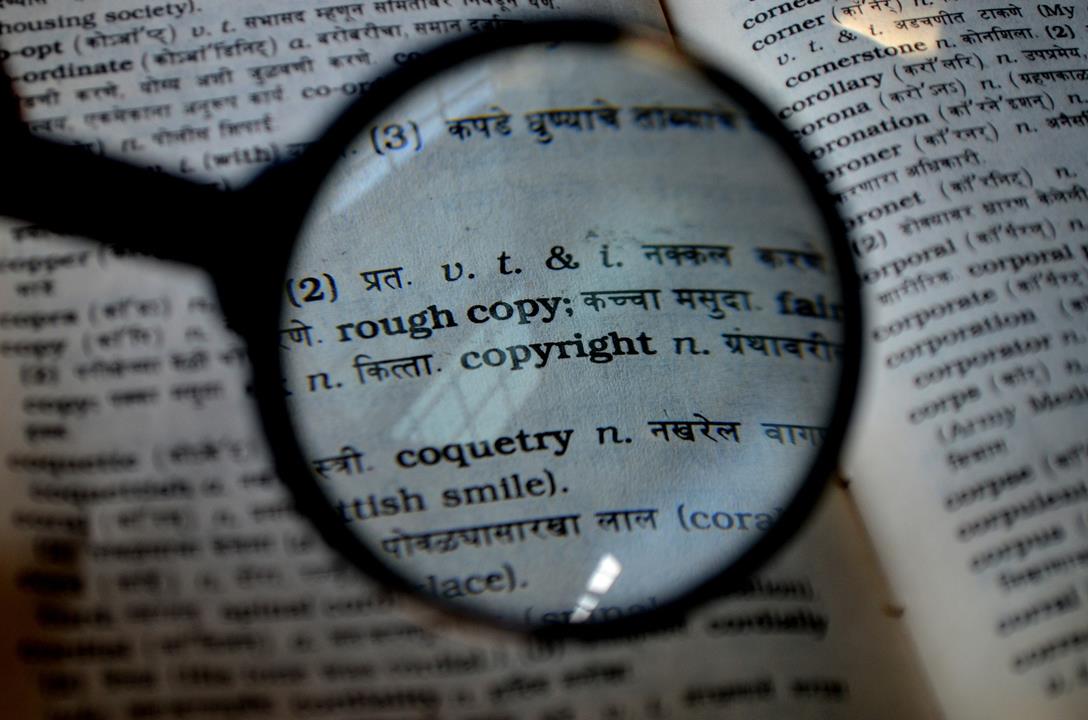
The new directive on Digital Copyright has a duty to update e rewrite the rules on copyright in the European Union, still in 2001, when the Internet was a very different thing than today. This new digital copyright directive has a duty to harmonize the laws in individual states, providing a clear common basis on which each state can develop its own regulations. The situation is that several articles of the directive are written in a vague and ambiguous way, creating somewhat creative ways of interpretation by the member states, making the harmonization process more difficult. In recent weeks, what has caused discussion is the change made to this one directive from the Juridical Commission of the European Parliament to the articles 11 is 13 compared to the original text.
What are these two articles about?
L'Article 11 known as Link Tax, there is no talk of taxing hyperlinks, but the name comes from the fact that with the approval it would come imposed on everyone to pay each publisher in cash every time a material produced by him was published on any platform, to recognize the authorship of his work at 100% and avoid embezzlement, which often happens on the web today, especially to the detriment of the little ones. By doing a concrete example, a Facebook user publishes content on his personal profile (text, image, video, music, etc ...) but this content belongs to a publisher who created it on an external website and also certified with copyright, in this case Facebook would be responsible and would have to pay the creator a cash consideration in order not to damage the authorship of the work, with the drafting of a well-defined license for each work.
L' Article 13 instead establishes the so-called Upload Filter, provides for online platforms with user-generated content such as Wikipedia, blogs, forums and social networks a form of prior verification of posted materials (photos, audio, codes, text) for prevent copyright infringement. In practice, a filter that prevents users from uploading material protected by copyright. So doing a concrete example, finding ourselves in the situation described above for article 11, that content with the active filter would be removed automatically, a bit like what happens with the anti-advertising filters for browsers, ADBlock.
So applying these two articles written in this way would be a big revolution in the digital world, where everyone publishes content created by others on social networks or other platforms. The giants of the web should consequently implement on all their platforms and modify the methods and uses of the Internet that we all know and would also have much more responsibility for the protection of the copyright. For this reason there are the giants of the web who take sides against on the one hand, while on the other many publishers, especially the independent and small ones, take sides in favor in order to be able to better protect their work, in fact their works are often stolen. , so some form of regulation is definitely needed.
Has the new Digital Copyright Directive already entered into force? What will change in the future?
The new digital copyright directive has not yet been discussed in the European Parliament and has even been put in suspension on July 5th, the MEPs decided with a vote of postpone the discussion on the new rules to September. To know how the situation will actually evolve, we certainly expect substantial changes to then arrive at a softer version that calms the waters, both among the promoters and among the detractors of the reform on the Single Digital Market.









